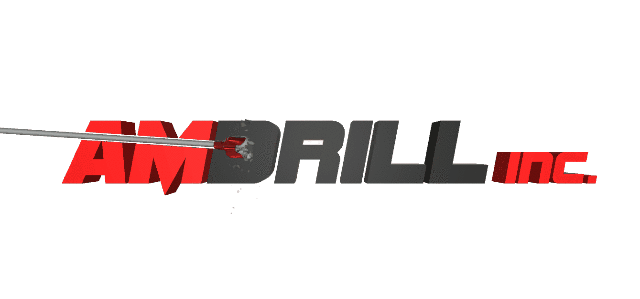Difficult Access Drilling Boyette How Professionals Get Around Difficult Access Drilling Scenarios
No matter what job or task we are talking about, all types of work will have instances where a job will be easier and harder to perform at any given time. This is no different when it comes to professionals working in the geotechnical drilling industry.
Drilling into the ground is not always an easy task. There is a lot that can go wrong with trying to gain access underground at a specific location, and this is something that drilling professionals need to prepare for.
These instances are often chalked up as difficult access drilling. Boyette residents should know that although it can be challenging at times, drilling professionals will be able to find ways around difficult access locations. Here we will talk about some of the things that drilling professionals must consider beforehand.
Performing Geotechnical Surveys
It is important for geotechnical drilling professionals to know as much information as they can about a specific location that they will be drilling into, as it can drastically affect their ability to deal with situations with difficult access drilling. Boyette residents should be made aware that this is best done by performing a geotechnical survey of some sort.
A geotechnical service often involves taking a core boring sample from a specific location, so that it can give drilling professionals what geological conditions are like before they commit to more serious efforts of drilling.
These surveys can give drilling professionals vital information, such as what types of soils and sediments can be found at a specific location, if there is groundwater present that needs to be addressed, or if there is a more serious issue such as signs of an active sinkhole at the location.
Using Survey Information to Select the Best Drilling Equipment
These geotechnical drilling surveys are more important than giving drilling professionals a bird’s eye view of what is going on below the surface of a specific location. What it does is help drilling professionals pick the best equipment to potentially avoid situations of difficult access drilling. Boyette residents should know that different types of soil and sediment conditions make it more effective to use specific types of equipment over others.
For example, even if someone does not know too much about geology as a science, they are aware that different types of sediments will have different qualities, such as hardness. Hardness dictates what types of drill bits will be able to go through these specific sediments.
If the wrong drill bit is used, it can cause drilling professionals to have to reduce their work, or it is possible it can make a task much longer than it needs to be.
*Disclaimer: The views expressed here are those of the authors and do not necessarily represent or reflect the views of Amdrill Inc*

